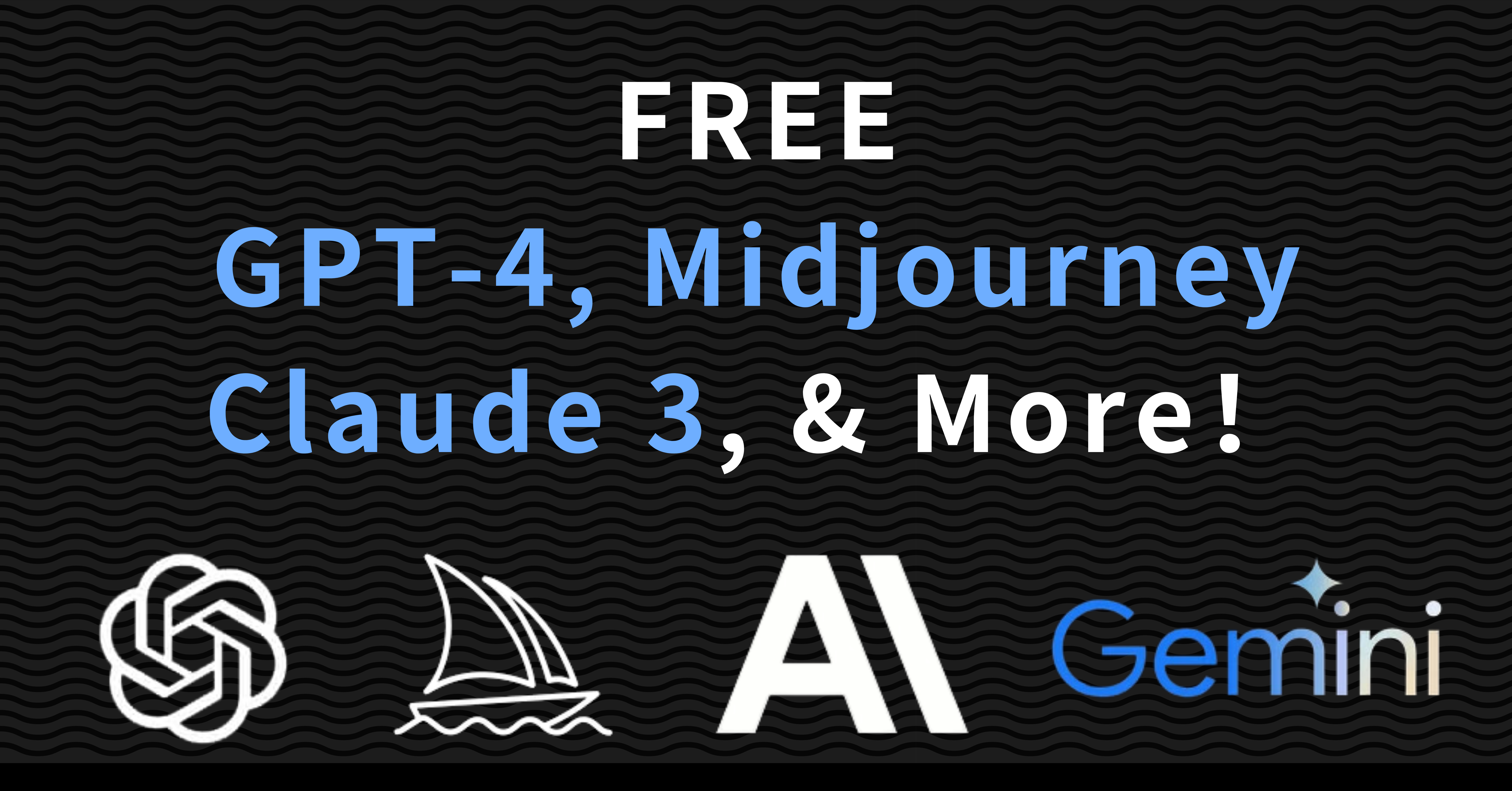Deciding Between AI Giants: Claude Sonnet vs Opus

Exploring the Capabilities of Claude 3's Leading Models
The introduction of Claude 3's Sonnet and Opus by Anthropic has set new benchmarks in the field of artificial intelligence, offering distinct advantages tailored to various professional demands. This comprehensive guide delves into the capabilities, integration, and strategic implications of choosing between the Claude Sonnet and Opus models for your business needs, highlighting their roles in enhancing efficiency and driving innovation.
In-Depth Feature Comparison: Sonnet vs Opus
Claude Sonnet: Efficiency and Balance
Claude Sonnet is designed for enterprises requiring a swift and robust AI solution without the high costs typically associated with advanced models. It excels in tasks that need rapid response times and can handle extensive operations, making it a staple in environments where speed and cost-efficiency are paramount. It is noted for its enhanced steerability and twice the speed of its predecessors, Claude 2 and Claude 2.1, as reported by Dataconomy (Dataconomy).
Claude3 Opus: The Pinnacle of Intelligence
As the most sophisticated model in the Claude 3 series, Opus is celebrated for its superior cognitive abilities. It is particularly suited for roles requiring detailed analytical capabilities and complex problem-solving, such as in research and development or advanced content creation. Opus has been engineered to perform at the forefront of AI technology, setting industry standards for intelligence and application versatility .
Assessing Cost-Effectiveness and Applications
Cost considerations play a crucial role when choosing between Sonnet and Opus. Sonnet offers an economical solution for broad-scale deployment, optimizing both performance and budget. In contrast, Opus, while more expensive, provides unparalleled intelligence capabilities, making it a valuable asset for high-stake applications that rely on intricate data interpretation and strategic insights.
Platforms like GlobalGPT enable straightforward integration of these models into business processes, enhancing operational efficiencies and technological adaptability. For instance, Sonnet can be effectively used for automated customer service solutions, while Opus might better serve complex analytical tasks in financial forecasting or strategic planning .
User Experiences and Industry Insights
The community's response to Sonnet and Opus has been varied, reflecting a range of experiences from increased efficiency and improved task management to preferences for the creativity seen in earlier models. Such feedback is invaluable for businesses considering these AI tools, providing a spectrum of perspectives on their practical impact and usability in real-world scenarios.

Pay-as-You-Go:
Top Up from Just $1 Balance Never Expires
All-in-One: Access All Models in One Place
AI Total Data Privacy
Unlimited Usage Limitation
Accepts Fiat and Crypto Payments
Harnessing AI for Competitive Advantage
Deciding between Sonnet and Opus should align with your organization's specific requirements and strategic goals. Sonnet is ideal for companies looking for an AI that balances cost with performance, especially in large-scale operational contexts. Alternatively, Opus is suited for industries where the depth of intelligence and analytical prowess are critical to core business functions.
Both models are transformative, and platforms like GlobalGPT make accessing and integrating these AI technologies more feasible, ensuring businesses can leverage the most advanced tools to maintain competitiveness and drive innovation.
Strategic AI Deployment: Key Takeaways
In conclusion, the choice between Claude Sonnet and Opus will significantly influence your business's technological trajectory. Understanding each model's strengths and integrating them into your operations can catalyze efficiency, innovation, and growth. With advancements in AI technology continually reshaping industry landscapes, embracing these tools through platforms like GlobalGPT or other AI integrations can propel your business forward in the digital era.
See Also
Free Mastery of Claude 3 Opus: An In-Depth Manual
Free Access to GPT-4: A Detailed Tutorial
AI Empowerment: Unleashing the Potential of ChatGPT
